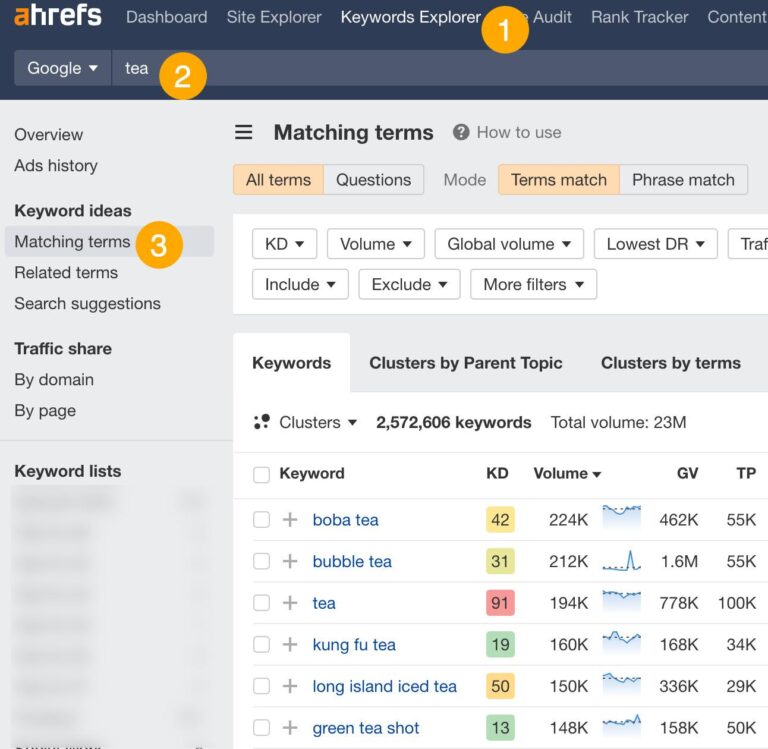ChinaвҖҷs Embassy Champions Educational Collaboration at the 2025 Washington International Education Conference
In a significant move to deepen educational ties, the Embassy of the PeopleвҖҷs Republic of China in the United States recently organized a distinguished reception during the 2025 Washington International Education Conference (WIEC). This gathering, hosted within the embassyвҖҷs premises, united educators, policymakers, and cultural representatives to promote enhanced cooperation and mutual understanding between China and the global academic community. The event spotlighted ChinaвҖҷs dedication to fostering educational exchanges and cultural diplomacy, offering a dynamic forum to explore bilateral partnerships amid the swiftly transforming global education environment.
Fostering Global Academic Networks: Highlights from the Chinese Embassy Reception
The Chinese EmbassyвҖҷs reception at WIEC 2025 served as a crucial nexus for dialogue among diplomats, university leaders, and education sector innovators. The event emphasized ChinaвҖҷs strategic intent to broaden educational collaboration with the United States and other international stakeholders. Participants engaged in comprehensive discussions on pioneering exchange programs, joint research ventures, and initiatives aimed at integrating diverse cultural perspectives within academic frameworks.
Central themes addressed during the event included:
- Advancing bilingual education and intercultural curricula to equip students for the complexities of a globalized world.
- Increasing scholarship availability to facilitate greater academic mobility between China and the U.S.
- Coordinating research agendas to tackle urgent global challenges through collaborative efforts.
- Building robust university partnerships through joint conferences and academic exchanges.
| Program | Area of Focus | Anticipated Impact |
|---|---|---|
| China-U.S. Dual Language Initiative | Curriculum Innovation | Enhanced linguistic skills and cultural awareness |
| Collaborative Environmental Research Grants | Climate Science | Development of sustainable environmental solutions |
| International Academic Exchange Programs | Higher Education Partnerships | Expanded global academic networks and perspectives |
Deepening Sino-American Educational Relations Through Strategic Dialogues
During the 2025 WIEC, the Chinese Embassy in Washington, D.C. played an instrumental role in orchestrating focused discussions aimed at strengthening educational collaboration between China and the United States. Representatives from top-tier universities, government bodies, and educational institutions convened to share insights, confront contemporary challenges, and identify new avenues for partnership. These dialogues reinforced a mutual commitment to enhancing student mobility, joint research, and cultural exchange, fostering a richer appreciation of each countryвҖҷs academic strengths and ambitions.
Highlighted priorities for sustained cooperation included:
- Expanding bilateral student exchange programs with a focus on STEM and interdisciplinary studies.
- Creating integrated curricula that blend educational philosophies and cultural viewpoints.
- Promoting faculty and researcher exchanges to drive innovative academic collaborations.
- Addressing visa and accreditation challenges to facilitate smoother international academic engagement.
| Discussion Topic | Key Achievements |
|---|---|
| Student Exchange | Expanded scholarships and simplified visa processes |
| Research Partnerships | Establishment of joint innovation centers in emerging technologies |
| Cultural Integration | Launch of bilingual academic journals |
| Policy Alignment | Framework for mutual degree recognition agreed upon |
ChinaвҖҷs Strategic Vision in Global Education Engagement
ChinaвҖҷs expanding influence in international education is marked by a strategic focus on global partnerships and cultural exchange. The embassyвҖҷs reception at WIEC 2025 underscored BeijingвҖҷs ambition to be a central player in worldwide academic networks. Key initiatives include the promotion of bilingual education, the expansion of scholarship programs, and the growth of Confucius Institutes, which serve as cultural and educational bridges between China and the United States.
Core pillars of ChinaвҖҷs international education strategy encompass:
- Strengthening student and faculty exchange programs to cultivate enduring academic relationships.
- Investing in collaborative research across science, technology, and humanities disciplines.
- Facilitating platforms for dialogue on educational reform and policy innovation.
- Utilizing digital education technologies to broaden access and inclusivity worldwide.
| Program | Goal | Impact |
|---|---|---|
| Global Scholarship Initiative | Attract diverse international students | 20% enrollment growth recorded in 2024 |
| Confucius Institute Network Expansion | Promote Chinese language and cultural understanding | 15 new centers launched globally in 2024 |
| Digital Learning Ecosystems | Enable remote and inclusive education | Over 500,000 learners engaged worldwide |
Strategies to Enhance Sino-American Academic Collaborations
To further elevate academic cooperation between China and the United States, it is essential to cultivate ongoing dialogue platforms grounded in mutual respect and aligned goals. Prioritizing joint research in cutting-edge fields such as artificial intelligence, renewable energy, and public health can harness the complementary strengths of both nations. Expanding scholarship and exchange programs will not only deepen cross-cultural understanding but also nurture a generation of globally conscious scholars ready to address complex international challenges.
Recommended approaches to strengthen these partnerships include:
- Establishing bilateral funding mechanisms to support co-created research projects and innovation hubs.
- Facilitating regular exchanges among faculty and policymakers to synchronize academic and research objectives.
- Organizing joint conferences and symposiums to highlight collaborative successes and foster networking.
- Implementing language and cultural training initiatives to overcome communication barriers and enhance cooperation.
| Initiative | Focus Area | Projected Benefits |
|---|---|---|
| Collaborative AI Research Centers | Artificial Intelligence | Accelerated innovation and talent cultivation |
| Renewable Energy Partnership | Green Technology | Joint development of sustainable solutions and policies |
| Public Health Research Alliance | Healthcare | Improved pandemic response and medical advancements |
Conclusion: Building Bridges Through Education
The Chinese EmbassyвҖҷs role in hosting the 2025 Washington International Education Conference reception reaffirmed its dedication to nurturing academic and cultural exchanges between China and the United States. As education remains a vital conduit for international cooperation, such events exemplify the shared commitment to cultivating global talent and fostering mutual respect. By facilitating these meaningful dialogues, the Embassy not only strengthens educational partnerships but also lays the groundwork for future collaboration in an increasingly interconnected world.







